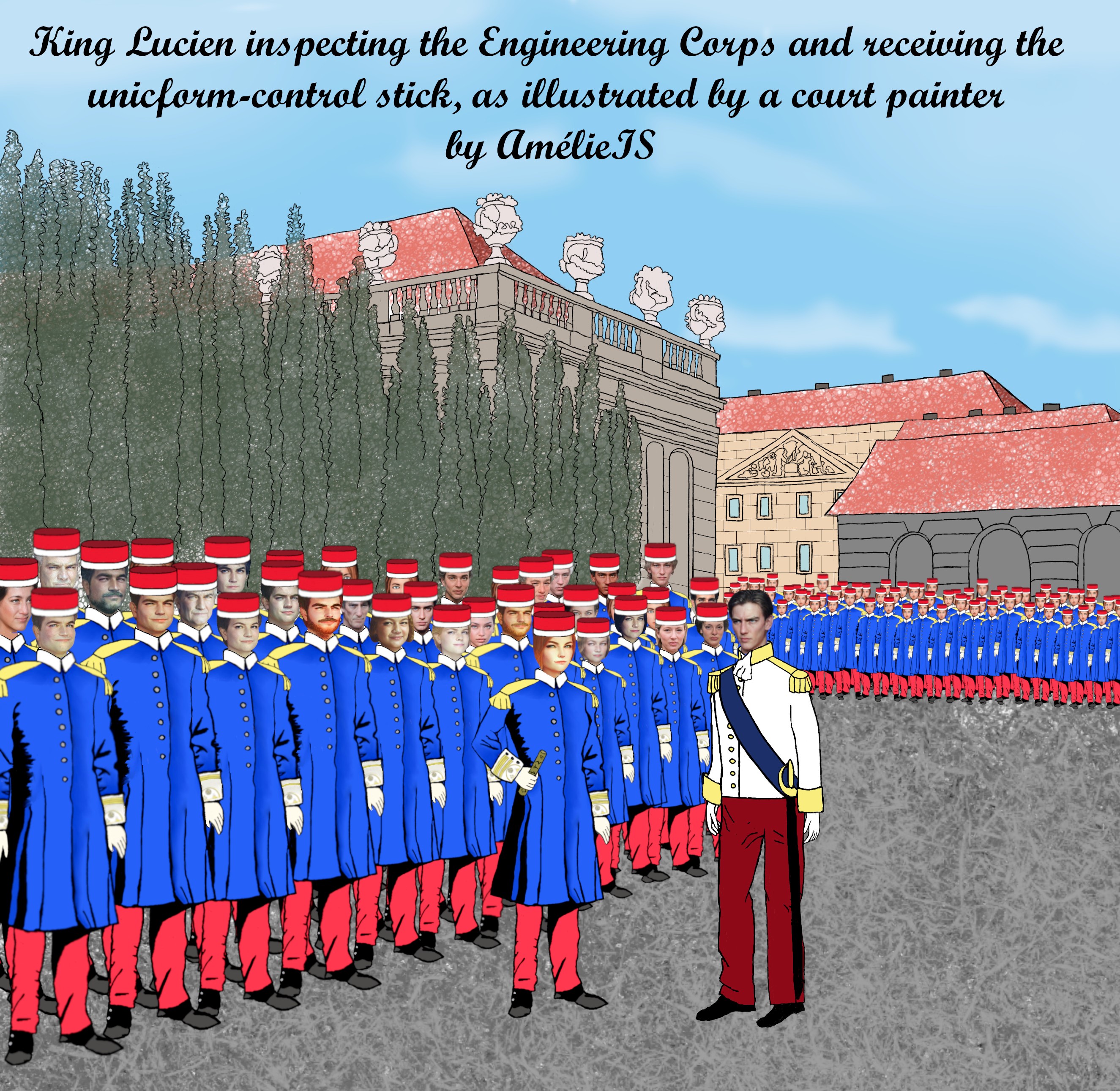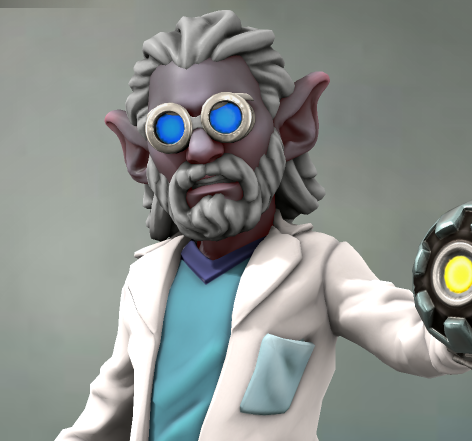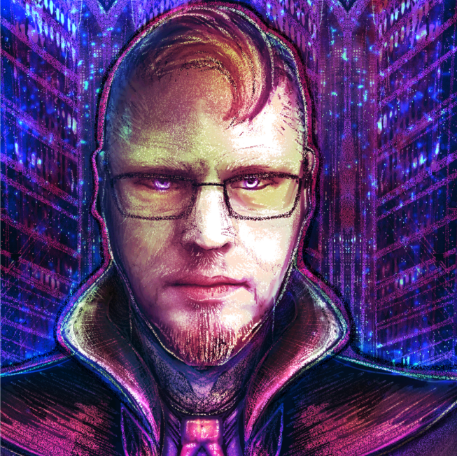Repression of Flemish language in Flanders
Table of Contents
Country: North of France and South of the Austrian Netherlands
Come here, new recruits! You need a briefing on the political situation in our latest conquest, the Flanders region!
History
Flanders has always been one of the most important regions of Europe for its strategic location and its richness. This last is due to its important harbours, Brugge and Antwerp, its trading towns, Ghent, Brugge and Ieper, and its important wool industry.
Flanders is a plain located in the border region between the Kingdom of France, the Austrian Netherlands and the Germanic states. It used to be the County of Flanders, one of the principalities that made the French Kingdom in the Dark Age. It was a highly disputed region between France and England first, then between France and the Holy Roman Empire.
It finally became attached to the Empire in 1526 when its monarch, Charles Quint of the House of Habsburg, was elected emperor. In 1549, with the Pragmatic Sanction he gathered all the different region of the Spanish Netherlands into one indivisible state with a common inheritance law, the Low Countries. Flanders became one of its 17 provinces.
When the Spanish branch of the Habsburg died out, the French king Louis XIV got one of his grandson elected as the new Spanish king. However, the Low Countries did not went to him as the English and their allies were worried of France becoming too strong. After a difficult war, the Low Countries instead went to the Austrian branch of the Habsburg.
After the French revolution of 1789, the rest of Europe united in a coalition to force the French people to put the "legitimate" Bourbon House back on the throne. Wars have been never ending in the 50 years since then... No matter how many defeats are inflicted on the coalition and peace treaties signed, they always find a new pretext to breach them soon afterwards. All because of the influence of the Perfidious Albion, of course...
The Flanders region itself has been a favourite conflict zone all this time. During the reigns of the first few elected kings in France, in particular Napoléon's, the whole Southern half of the Austrian Netherlands was annexed from 1795 to 1813. Flanders then became part of the Lys department. Unfortunately, after the terrible defeat that must not be named was inflicted in Flanders, the old borders were restored. The "legitimate" Bourbon House was all too happy to concede to this in exchange for English's help to persuade the French parliament to elect them back on the throne.

The plain of Flanders between the Escaut river and the hills of Artois by Saint amand on Wikimedia Commons

The previous County of Flanders by Sir Iain on Wikimedia Commons

The Austrian Netherlands territories after the war, adapted by AmélieIS from a map by Alexis-Marie Gochet and rowanwindwhistler on Wikimedia Commons
Political integration
The newly conquered territories have been joined back together in a reformed Lys department. However, the situation did not go back to how it was during the first French annexation. We did not forget that the Flemish all went running back to the English and Austrian as soon as they came threatening. This time, we've taken some special measures to ensure their loyalties.Language
This Austrian Netherlands is extremely multicultural, and its people speak a variety of languages, most being dialects of French, Dutch or German. In Flanders in particular, people speak several local dialects of Dutch that they designate as Flemish in a vain attempt to elevate them to the status of proper language.
Since the world has entered the modern age, monarchs have naturally wished to push their people towards speaking one common language—theirs of course—so as to ease communication and to rule over a neatly ordered domain. Yet, this did not happen in Flanders, which has allowed its inhabitants to keep the illusion of their particularities and independence.
It was thus important for us to change this and impose the use of the French language on all of them, so as to force them to recognise their belonging to the Kingdom of France.
French is the superior language, of course. It's only normal that everyone speaks it! What do they expect? That we translate all documents into the multitude of local dialects they have?
This started with changing the official names of all the cities, rivers and other geographical points in Flanders to their proper French version: the city of Rijsel became Lille, Ieper became Ypres, the Leie river became Lys... Flemish people were forced to adopt French names too, such as Colonel Adalinde becoming Adeline for the French administration.
Flemish is not a real language anyway, they just use that as an excuse to not learn how to speak properly! Do not listen when they tell you about their dictionaries and grammar books existing since the Dark Age, or their literature in Flemish. Even the Austrian did not recognise it as a proper language! In any case, it does not matter how old the language is, the French government is hoping to have it extinct by the next generation.
Administration
First of course, the constitution, civil code, metric system, calendar, and administration system were all re-established. However, this time all the administration had to be done mandatorily in French. Without French, there is now no hope of ever obtaining any influence whatsoever in the new administration regime.
It's not as if everyone living in Flanders do not know how to speak perfect French, they just refuse to! Just look at the colonel: as soon as we conquered Southern Flanders she was perfectly able to come to our engineering school and immediately fit in! Such stubborn and insulting refusal cannot be tolerated...
The first principles of a good administration are based upon the exclusive use of one language, and it is evident that the only language of the Flemish should be French. In order to achieve this result, it is necessary that all civil and military functions are entrusted to French speakers; this way, the Flemish, temporarily deprived of the advantages of these offices, will be constrained to learn French, and we will hence destroy bit by bit the Germanic element in Flanders.
— Charles Rogier, the Flemish politician elected to the French parliament as the representative of the Lys department

Caricature of the justice system. by Daumier (1846) at the Bibliothèque Nationale de France
"Yes, they want to strip this orphan, whom I do not call young, since he is fifty-seven years old, but he is no less an orphan.... I reassure myself, gentlemen, because justice always has its eyes open on all the guilty parties involved!..."
Charles Rogier by Wikimedia Commons
Education
Another important measure was the 1833 law on the free and mandatory primary education of all Flemish children—all in French language, of course. Education is not free in theory, but the state funds the study of all the poor—in practice this represents one child out of three. This education consists of morals, reading, writing, French language, arithmetic, and the legal system of weights and measures. In addition, religious instructions is also given if the head of the family agrees.A second level of instruction is also available, although not in every school. It teaches to older pupils mathematics, natural sciences, history and geography. Teachers have to be above 18 years old, to have obtained the special teaching brevet from a university, and to have a morality certificate from the mayor of the city or cities where they have lived in the last 3 years. In addition to this first law, all secondary and higher education provided in the Flemish language were also, of course, abolished.
Of course, once we started funding the education of Flemish children, we could hardly not do the same for the rest of France, now could we? There was nothing the parliament could say in opposition to King Lucien when he declared his intentions! What a magistral manner in which to bring forwards such a controversial measure!
This education law was extremely efficient as now two-thirds of all French citizens know how to read, write and count. If any Flemish could pretend not to speak French before that, now they do not have any excuse left. They have also all be taught the magnificence and superiority of France and been made aware of the chance they have of being raised in this country.

Caricature of the new schools: "How, silly, you don't know the names of the three sons of Dagobert... but you don't know anything about anything... but you want to be a useless person to society all your life!..." by Daumier in a lithography album 'Des Professeurs et Moutards" (1846) at the Bibliothèque Nationale de France

Caricature of the new schools: "Tomorrow we will deal with Saturn ..... and I urge you all the more to pay the greatest attention to this planet as you will most probably never have the opportunity to see it in your life!" by Daumier in a lithography album 'Des Professeurs et Moutards" (1846) at the Bibliothèque Nationale de France
The Military
A second major law was established to force every family in the Lys department to immediately send one of their children to join the French army. Being conscripted in the military and contributing to the war effort is only normal, just as the rest of France does. The differences for the Lys department are that their mandatory military service period is not 6 years but 15, and that they do not have the right to pay for a replacement.
In addition, normally conscription is determined by lots drawn among all young men of the right age. For the Lys, each family is forced to send immedtiately at least one of their children, boy or girl, if they have any that were of eligible age (above 18 years old).
Those new recruits are then all divided and mixed inside regiments of French citizens rather than given their own regiment as is customary. They are also, of course, stationed outside of the Lys.
And see all the good that came out of that? The colonel is thriving among us and has brought major contributions to the army and to France! Flemish can be taught to integrate provided we put the right resources in. No matter what some politicians might say, there is no need to look at all of them as all would-be traitors that need to be persecuted indiscriminately...










Leuk artikel Amélie. Ik voel wel voor die arme Vlamingen, mogen hun eigen taal niet meer spreken en alle plaatsnamen opeens gewijzigd! Wel tof dat Koning Lucien ze gratis onderwijs biedt. Maar dan vijftien jaar in het leger, dat is lang. Ik heb het idee dat dat nog het meest tegen gaat staan onder de vlaamse bevolking. Ik ben wel nieuwsgierig of er nog Nederlandse invloeden zijn, al dan niet ondergronds?
Thanks for adding a bit of Dutch in that article page! Don't think that Lucien is in any way generous with those schools, it's just a way to brainwash the children and force them all to learn French. Yes everyone absolutely hates seeing their children leaving for the army for the so long. Though 15 years is a really long time, and despite how much they hate it, the soldiers themselves like my MC have gotten used to it and have even become "Frenchised". They have thought for the glory of France surrounded by French people for a little bit too long... There is a chasm now between the people who left and those who were left behind. Lots of Dutch influence are left in the region, you cannot just erase a whole culture like that no matter how the French would love to do so. But saying more would go into spoiler territories :p